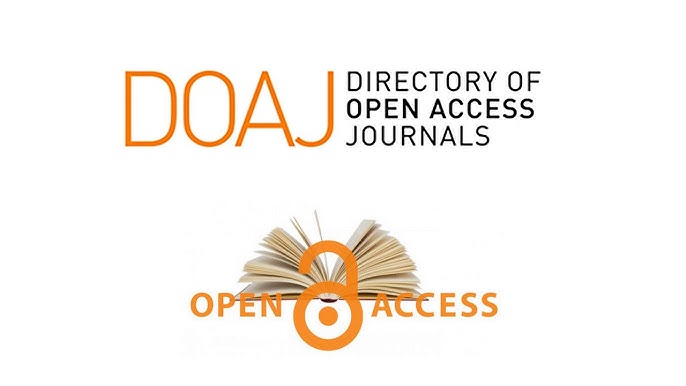Pluralistic Societies: A Study of Concept and Types
Abstract
Pluralism is a complex concept that represents a multi-dimensional phenomenon linked to various other concepts such as ethnicity, sectarianism, the nation-state, the nation, democracy, participation, and others. Some define a plural society as the opposite of a homogenous national society. It is a society formed of several sects within a single political framework. This research aims to provide theoretical foundations for decision-makers to help them choose appropriate mechanisms for managing societal diversity, after understanding the unique characteristics of plural societies. The importance of this research lies in its potential contribution to clarifying the meanings of the term 'plural societies,' which may help in understanding the related issues. Understanding the problem is the first step toward solving it. This study is divided into two main sections in addition to the introduction and conclusion: the first section discusses the meanings and the specific concept of plural societies, while the second focuses on the types of these societies. The research concludes that the term 'plural societies' refers to societies characterized by cultural, social, ethnic, or identity diversity based on culture, religion, sect, nationality, or any other distinction between the components of a society that encompasses distinct identity groups. Each group has unique characteristics that differentiate it from different social groups within the same nation-state locally and internationally.



